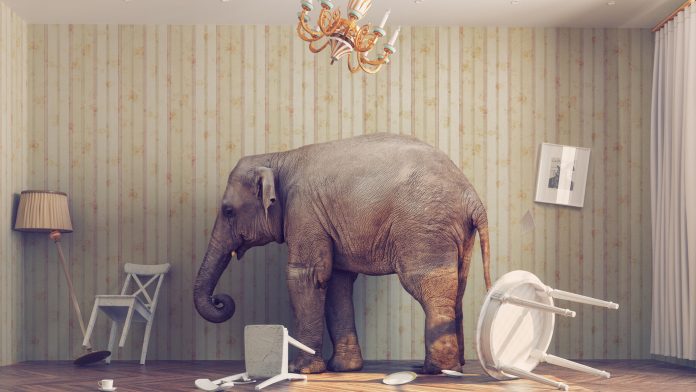
Psychologists from McGill University found instances of celebrity fat-shaming that were associated with an increase in women’s implicit negative weight-related attitudes.
Celebrities, in particular, female celebrities, are routinely criticised about their appearance – celebrity fat-shaming is a fairly regular pop-cultural phenomenon. Although we might assume that such derogatory comments are trivial and inconsequential, the effects of these messages can extend well beyond the celebrity target, creating a ripple of negative weight-related attitudes throughout the population at large.
The research is published in Personality and Social Psychology Bulletin, a journal of the Society for Personality and Social Psychology.
The negative effects of celebrity fat shaming
Researchers found that from 2004 – 2015, implied weight bias was on the rise more generally.
Explicit attitudes are those that people consciously endorse and, based on other research, are often influenced by concerns about social desirability and presenting oneself in the most positive light.
By contrast, implicit attitudes, which was the main focus of this investigation, reflect people’s split-second gut-level reactions that something is inherently good or bad.
Comparing 20 instances of celebrity fat-shaming with women’s implicit attitudes about weight before and after the study, psychologists from McGill University, Canada, found that instances of celebrity fat-shaming were associated with an increase in women’s implicit negative weight-related attitudes.
Supplementing negative weight-related attitudes
“These cultural messages appeared to augment women’s gut-level feeling that ‘thin’ is good and ‘fat’ is bad,” says Jennifer Bartz, one of the authors of the study. “These media messages can leave a private trace in peoples’ minds.”
While the researchers cannot definitively link an increase in implicit weight bias to specific negative incidents in the real world with their data, other research has shown culture’s emphasis on the thin ideal can contribute to eating disorders and mental health issues which are particularly prevalent among young women.
“Weight bias is recognised as one of the last socially acceptable forms of discrimination; these instances of fat-shaming are fairly wide-spread not only in celebrity magazines but also on blogs and other forms of social media,” adds Amanda Ravary, PhD student and lead author of the study.
The researchers’ next steps include lab research, where they can manipulate exposure to fat-shaming messages (vs. neutral messages) and assess the effect of these messages on women’s implicit anti-fat attitudes.
This future research could provide more direct evidence for the causal role of these cultural messages on people’s implicit attitudes. Nevertheless, it is imperative for the public to begin having the conversation regarding body shaming and openly accept body-type differences, and more importantly recognising the detrimental effects of having negative weight-related attitudes.









